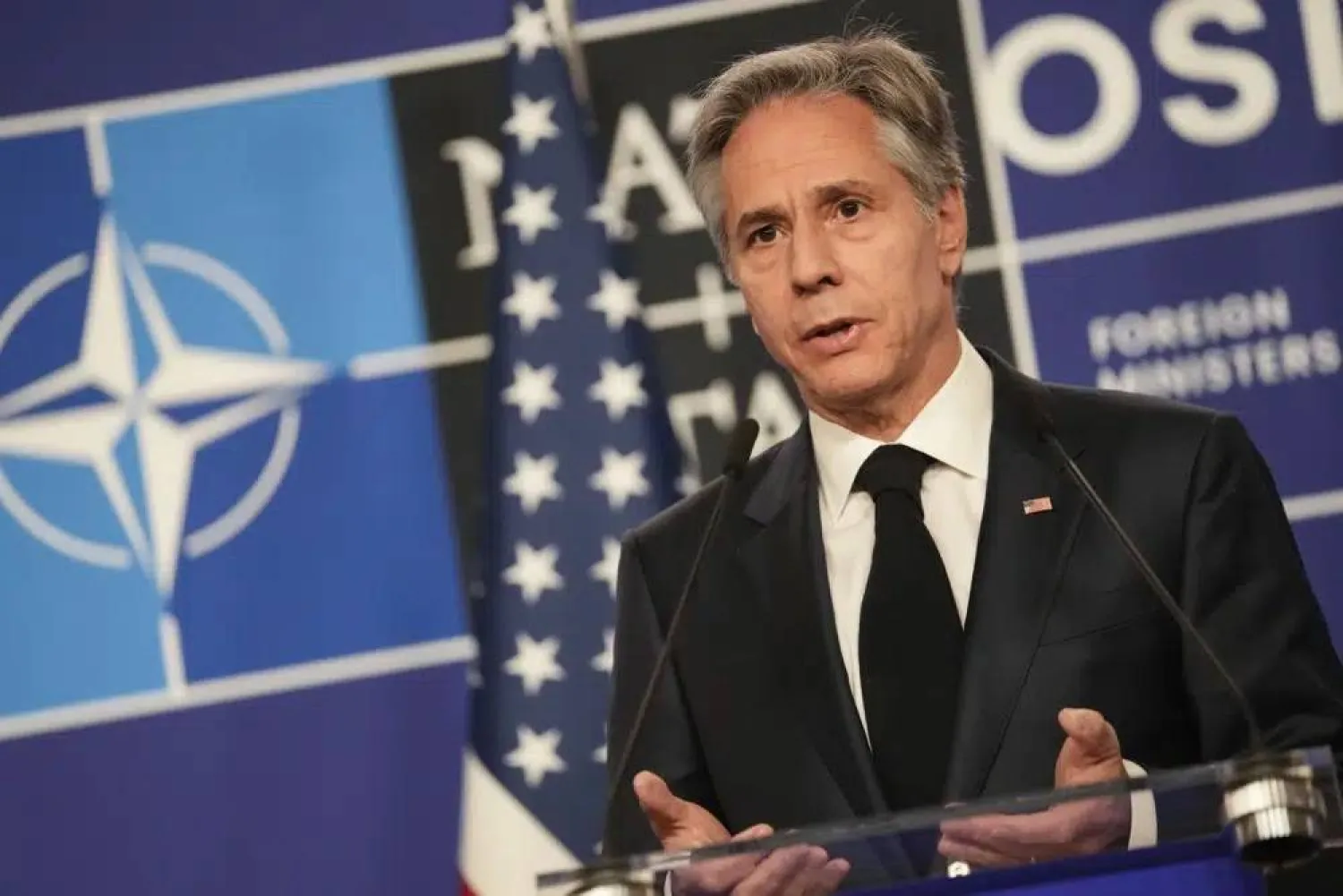The Biden administration is retaliating for Russia’s suspension of the New START nuclear treaty, announcing Thursday it is revoking the visas of Russian nuclear inspectors, denying pending applications for new monitors and canceling standard clearances for Russian aircraft to enter US airspace.
The State Department said it was taking those steps and others in response to Russia’s “ongoing violations” of New START, the last arms control treaty remaining between the two countries, which are currently at severe odds over the Russian invasion of Ukraine.
“The United States is committed to full and mutual implementation of the New START treaty,” it said. “Consistent with that commitment, the United States has adopted lawful countermeasures in response to the Russian Federation’s ongoing violations of the New START treaty.”
The department said the visa revocations and application denials, as well as a US decision to stop sharing information on the status or locations of missiles and telemetry data on test launches with Russia, were consistent with international law because of Russia’s actions.
The US will, however, continue to notify Russia when it conducts test launches, it said, adding that the steps it was taking were reversible provided Moscow returns to compliance with the treaty.
Russia suspended its participation in New START in February in a move that the US said was “legally invalid.” Immediately afterward Moscow curtailed its adherence to the accord.
Allowing inspections of weapons sites and providing information on the placement of intercontinental and submarine-based ballistic missiles and their test launches are critical components of New START, which then-Presidents Barack Obama and Dmitry Medvedev signed in 2010.
In March, the US announced that it and Russia had stopped sharing biannual nuclear weapons data. The US had said it wanted to continuing such sharing but stopped after Moscow informed Washington that it would not share its data.
Despite being extended shortly after President Joe Biden took office in January 2021, New START has been severely tested by Russia’s war in Ukraine and has been on life support for since Russian President Vladimir Putin announced Russia would no longer comply with its requirements.
The treaty limits each country to no more than 1,550 deployed nuclear warheads and 700 deployed missiles and bombers. The agreement envisages sweeping on-site inspections to verify compliance.
The inspections went dormant in 2020 because of the COVID-19 pandemic. Discussions on resuming them were supposed to have taken place in November 2022, but Russia abruptly called them off, citing US support for Ukraine.
The State Department said Russia had been told of the countermeasures ahead of time and also advised that Washington is still interested in keeping the treaty alive.
“The United States remains ready to work constructively with Russia on resuming implementation of the New START Treaty,” it said.









